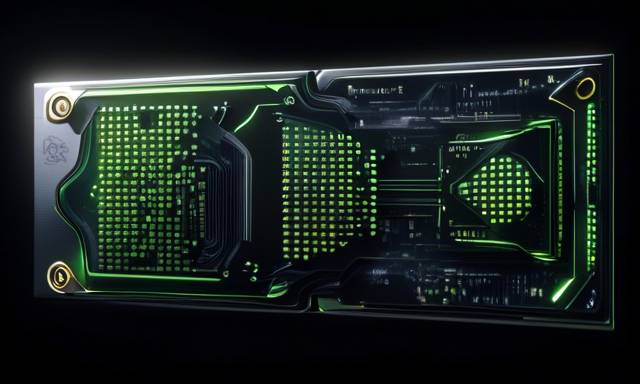Exploring Recent Developments in ZKSync: Governance and Challenges 📊
This article delves into the latest enhancements in the ZKSync ecosystem, focusing on the governance structure, community involvement, and current challenges faced by the network. It highlights both the opportunities for advancement through governance participation and the recent decline in daily transactions.
Improving ZKSync: A Dive into Governance Proposals 🚀
Recent updates in the ZKSync ecosystem include multiple categories of proposals designed to refine its functionality:
- ZKSync Improvement Proposals:
- These proposals lay out suggested modifications to the ZKSync protocol contracts and are overseen by the Protocol Upgrade Governor.
- Token Program Proposals:
- These introduce innovative methods for creating and destroying ZK tokens, encouraging ecosystem participants to engage actively.
- Governance Advisory Proposals:
- These outline decisions and actions outside the chain that require approval from the Token Assembly but do not directly pertain to the ZKSync protocol or its tokens.
The team noted that the successful launch of these governance systems is a reflection of the ZKSync community’s dedication and cooperation throughout the development process.
The Essence of Governance: More Than Just Contracts 💡
“Our governance system is not just about contracts; it’s a journey of intentional innovation for real-world impact.”
This perspective emphasizes that governance is a holistic process aimed at fostering meaningful change, rather than merely focusing on the technicalities of contracts and procedures. The team also encourages the community to become active participants in shaping the ongoing evolution of the protocol, fostering innovation and improvements that align with user needs.
Matter Labs and Layer 2 Innovations 🛠️
Matter Labs has recently rolled out groundbreaking advancements with its introduction of a Layer 2 network that makes use of zero-knowledge (ZK) rollups and proofs. This initiative aims to enhance Ethereum’s transaction efficiency and cost-effectiveness, addressing some of the scalability challenges faced by the Ethereum blockchain.
In June 2024, the company unveiled its governance structure alongside a significant airdrop initiative. This airdrop saw over 695,000 wallets deemed eligible, and the token distribution program is scheduled to run from June 17, 2024, to January 3, 2025, with plans to distribute a sizable total of 3.675 billion ZK tokens.
Current Challenges: A Decline in Transactions 📉
Despite the positive developments within the ZKSync ecosystem, the network is currently experiencing noteworthy challenges. There has been a considerable reduction in daily transactions, raising concerns among community participants and observers alike. Specifically, the seven-day moving average for daily transactions on the ZK Rollup has fallen dramatically—by approximately 85% this year, plummeting from around 1.3 million to roughly 195,000 transactions.
This decline in activity could signify several underlying issues that may need to be addressed to nurture and develop the ZKSync ecosystem further. Community feedback and active governance participation could serve as crucial factors in addressing these challenges moving forward.
Hot Take: The Road Ahead for ZKSync 🚦
As the ZKSync team navigates both opportunities and challenges, active community involvement and innovative governance strategies will be essential for ensuring the protocol’s prosperity in the long run.
With advancements introduced this year, including the governance system and token programs, the success of these initiatives will largely depend on the community’s commitment to engagement and constructive feedback. Addressing the current transaction decline while maximizing the benefits of the new governance structure could pave the way for ZKSync’s success in an evolving blockchain landscape.





 By
By
 By
By

 By
By
